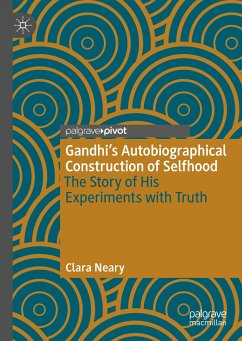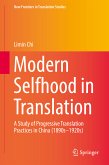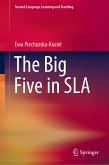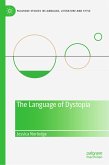This book addresses the topics of autobiography, self-representation and status as a writer in Mahatma Gandhi's autobiographical work The Story of My Experiments with Truth (1927, 1929). Gandhi remains an elusive figure, despite the volumes of literature written on him in the seven decades since his assassination. Scholars and biographers alike agree that "no work on his life has portrayed him in totality" (Desai, 2009), and, although "arguably the most popular figure of the first half of the twentieth century" and "one of the most eminent luminaries of our time," Gandhi the individual remains "as much an enigma as a person of endless fascination" (Murrell, 2008). Yet there has been relatively little scholarly engagement with Gandhi's autobiography, and published output has largely been concerned with mining the text for its biographical details, with little concern for how Gandhi represents himself. The author addresses this gap in the literature, while also considering Gandhi as a writer. This book provides a close reading of the linguistic structure of the text with particular focus upon Gandhi's self-representation, drawing on a cognitive stylistic framework for analysing linguistic representations of selfhood (Emmott 2002). It will be of interest to stylisticians, cognitive linguists, discourse analysts, and scholars in related fields such as Indian literature and postcolonial studies.
Clara Neary is Lecturer in Stylistics in the School of Arts, English and Languages at Queen's University Belfast, UK. She has published on a variety of genres, drawing upon a range of cognitive stylistic frameworks. These include publications on constructions of narrative empathy and on the use of Conceptual Metaphor in the English translation of Gandhi's autobiography; the interrelationship between style, point of view and modality; a Cognitive Grammar approach to the poetry of Gerard Manley Hopkins; and multimodal applications of the frameworks of Cognitive Grammar and Musical Grammar to lyrics and music by Radiohead.
Dieser Download kann aus rechtlichen Gründen nur mit Rechnungsadresse in A, B, BG, CY, CZ, D, DK, EW, E, FIN, F, GR, HR, H, IRL, I, LT, L, LR, M, NL, PL, P, R, S, SLO, SK ausgeliefert werden.









